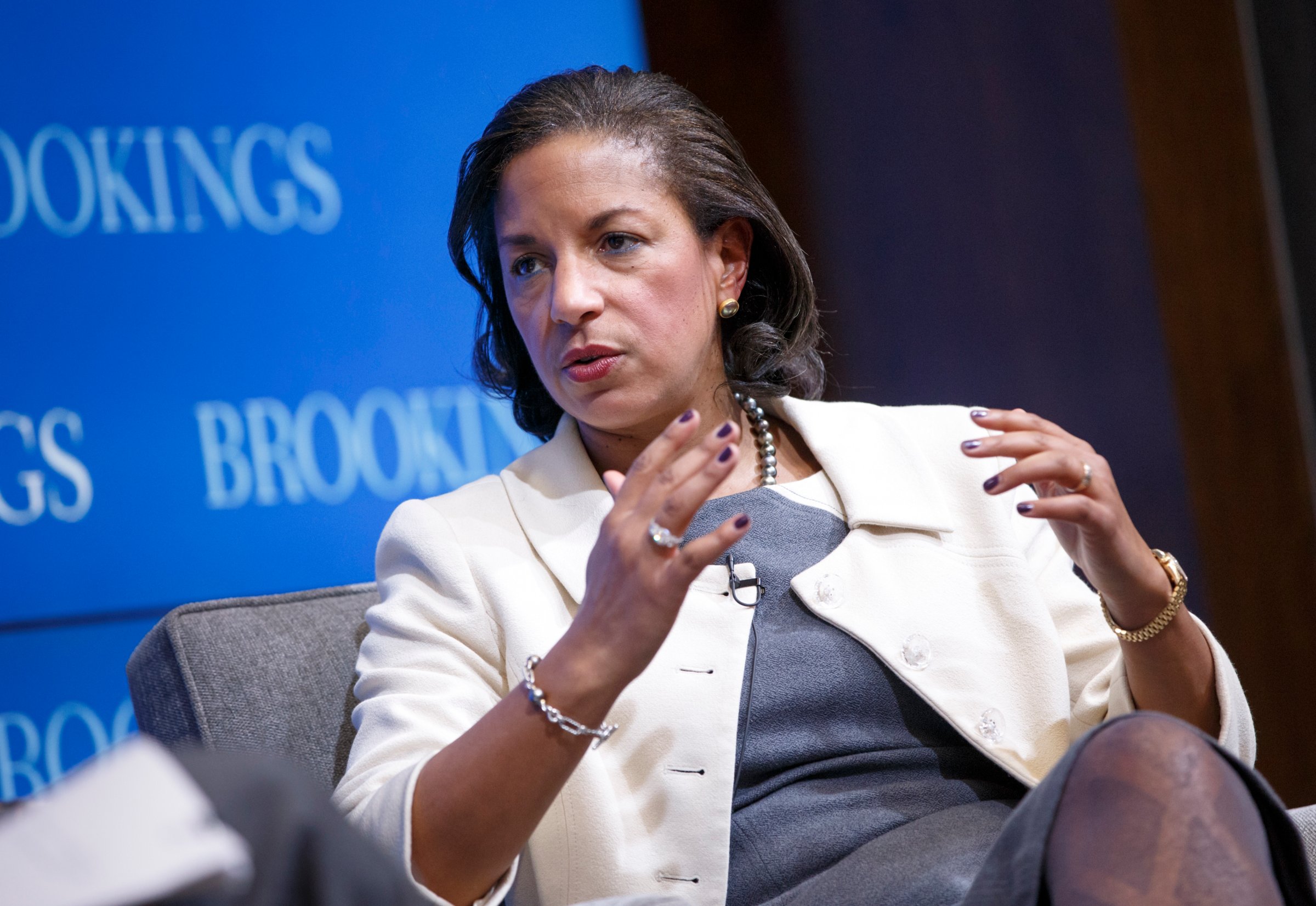
The world has changed since 2010. The wars in Iraq and Afghanistan have ended. The Islamic State of Iraq and Syria has sprung up. A “reset” with Russia has relapsed over fighting in Ukraine. And an Ebola epidemic has renewed concerns about infectious diseases.
On Friday, the Obama administration took stock of those changes with its first update to the national security strategy in five years. The new strategy, outlined by National Security Advisor Susan Rice in a speech at the centrist Brookings Institution, focuses on major threats faced by the United States, such as terrorist attacks, global economic meltdowns, the use of nuclear or chemical weapons and climate change. It also calls for a renewed focus on issues like global poverty and advancing equality, efforts the White House is pushing as a part of its long-term approach to security.
The way to fight these problems, Rice said, was to focus on working with international partners and making incremental progress and not to get caught up in momentary setbacks. “We cannot afford to be buffeted by alarmism,” she said.
To Republicans such as Sen. Lindsey Graham of South Carolina, the new strategy suffers from the same problems they think have hurt the administration’s previous efforts overseas. He criticized the document for not being more aggressive.
But in her speech, Rice argued for keeping a long-term perspective.
“President Obama is going to leave everything on the field and so will the rest of his team,” Rice said. “We are committed to seizing the future that lies beyond the crisis of the day.”
More Must-Reads from TIME
- Cybersecurity Experts Are Sounding the Alarm on DOGE
- Meet the 2025 Women of the Year
- The Harsh Truth About Disability Inclusion
- Why Do More Young Adults Have Cancer?
- Colman Domingo Leads With Radical Love
- How to Get Better at Doing Things Alone
- Michelle Zauner Stares Down the Darkness
Contact us at letters@time.com